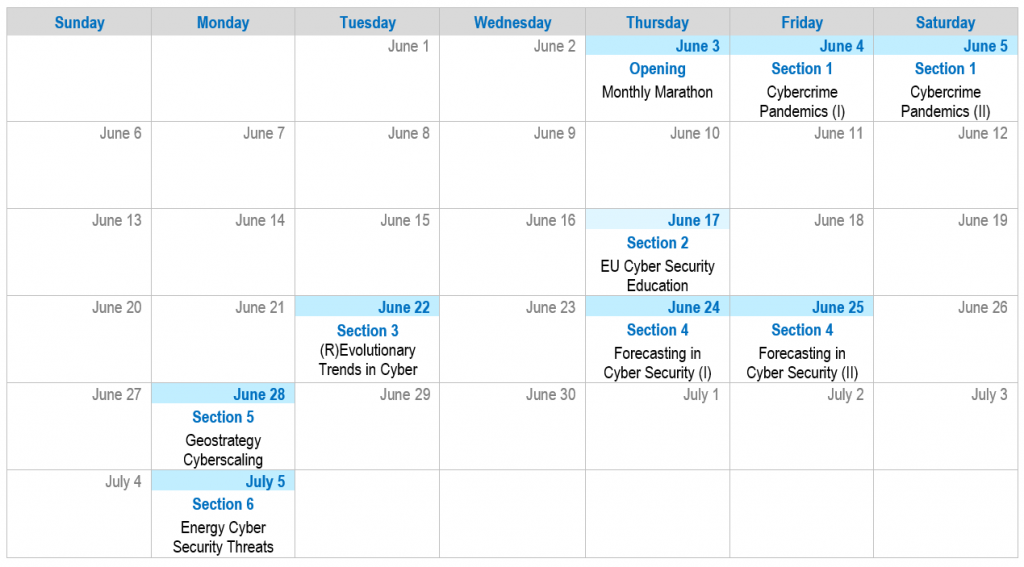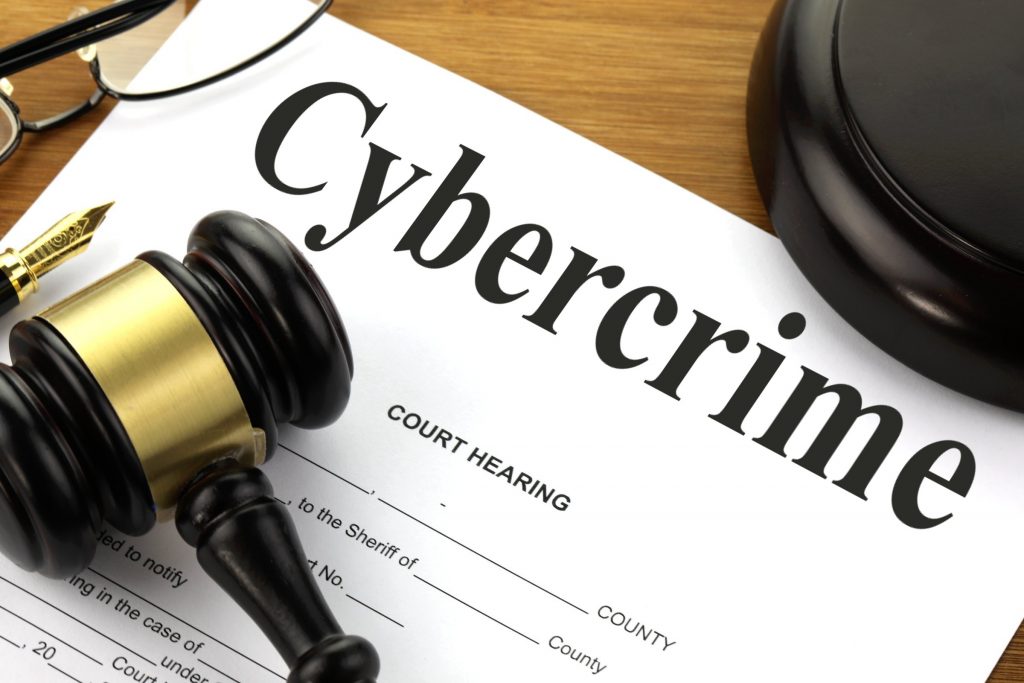The maritime domain is one of the main factors of progress in global development, any disturbance of this sector affecting the whole world.
Neglected in recent decades of technological development, cybersecurity has become a key concern for sustainable development. The global challenges of recent years have demonstrated the vital need for paradigm shifts in technological development, including cyber security as a key factor in projecting progress.
Conference historical overview
The BSCySEC conference series started in 2017 and continued with nodal events in 2018, 2019 and 2020, the speakers of the conference being among the most knowledgeable in the field of cyber security and its applications in the maritime industry. The institutional actors participating in the latest editions of the conference have definitely influenced the perception and measures on cyber security at the global level, the measures taken leading to the increase of responsibilities and efficiency of emerging and innovative technologies.
| Current Edition BSCySEC-2021 | 1-st Edition BSCySEC-2017 | 2-nd Edition BSCySEC-2018 | 3-rd Edition BSCySEC-2019 | 4-th Edition BSCySEC-2020 |
 | 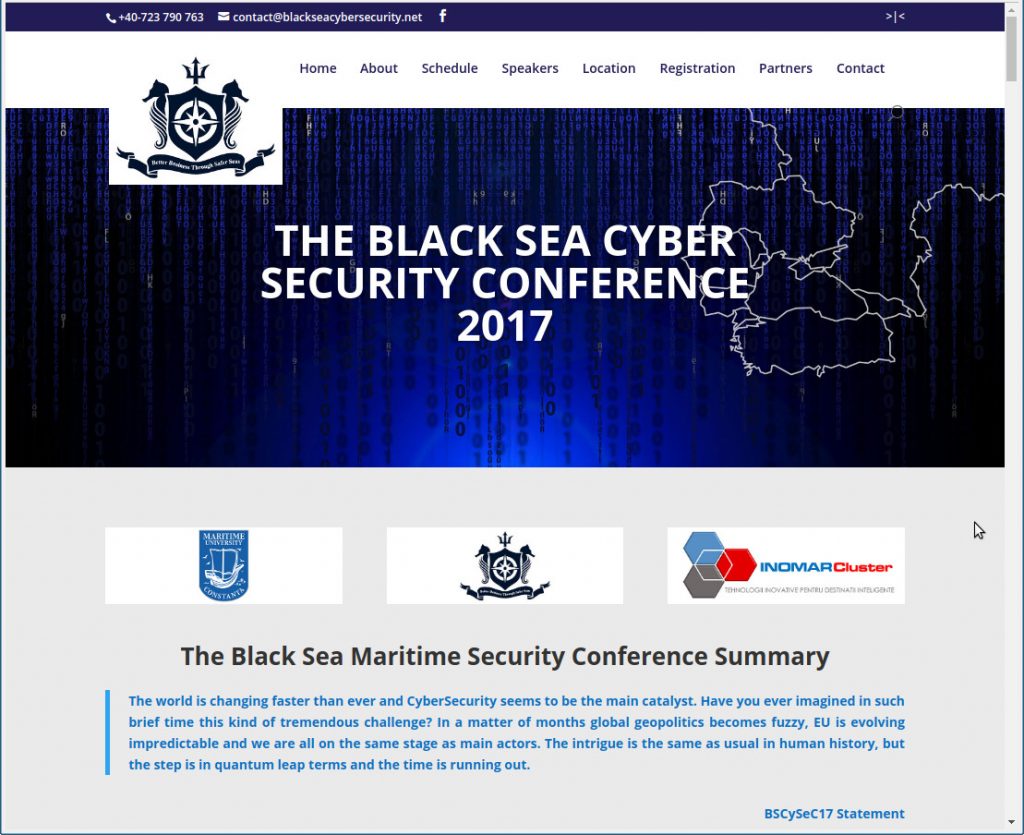 | 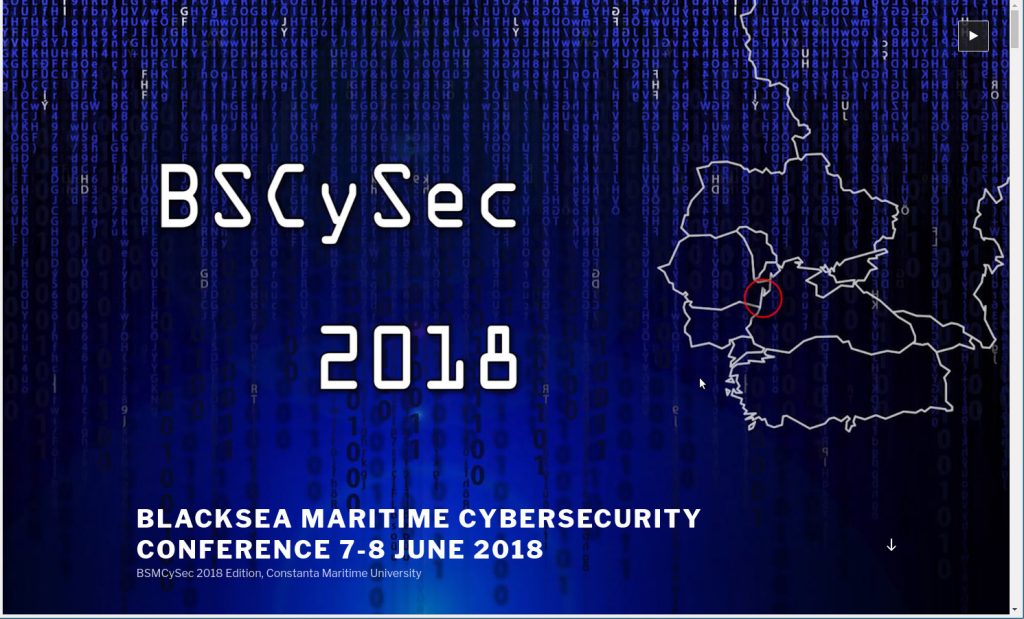 | 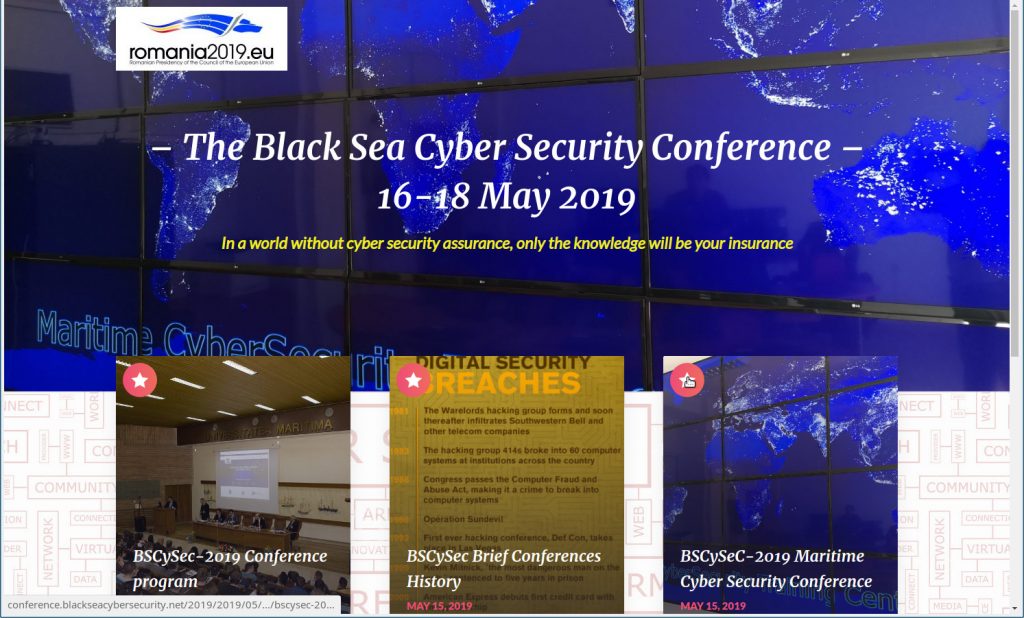 | 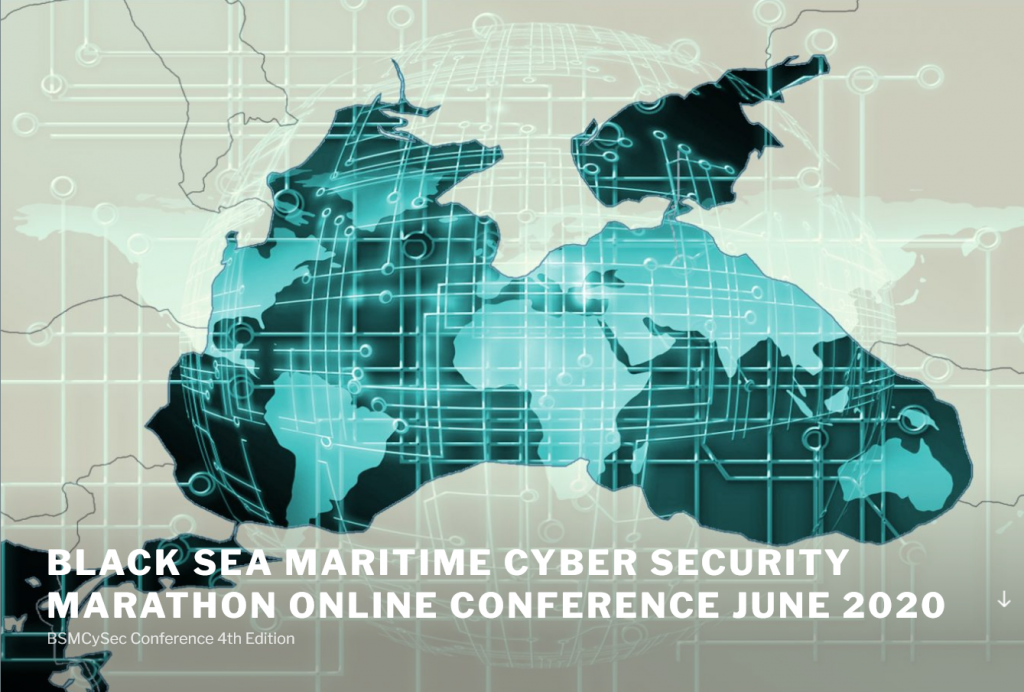 |
5th Edition, Cyber Security Month, June 2021
- Maritime Cyber Security Month will open on June 3 with an event preceding the first section “Cybercrime Pandemics”. The event will take place starting at 10 am and will include speeches from Constanta Maritime University delegates as well as international, national and local representatives and invited guests:
- Cornel Panait, President of Senate – Constanta Maritime University
- Bogdan Despescu, General Quaestor of Police, Secretary of State, Ministry of Internal Affairs
- Gabriel Raicu, Vice-Rector of research and innovation – Constanta Maritime University
- Mihai Daraban, President – The Chamber of Commerce and Industry of Romania
- Gigi Valentin Stefan, General Prosecutor, Prosecutor’s Office of Constanta Court of Appeal
- Gheorghe Viorel Teodor – President of Tribunal Constanta County
- Grigore Iacobici Gill Julien, First Prosecutor of the Prosecutor’s Office attached to the Tribunal
- Robert Fleckhammer, Chief Prosecutor – Directorate for Investigating Organized Crime and Terrorism
- Dragoş Chilea, President of International Crime Bar
- Cosmin Dumitrache, President of Romanian Naval Authority
- Cicu Laurentiu, Chief Commissioner, Romanian Coast Guard
- Cătălin Filişan, Dean of Constanta Lawyer Bar
CONFERENCE CALENDAR
